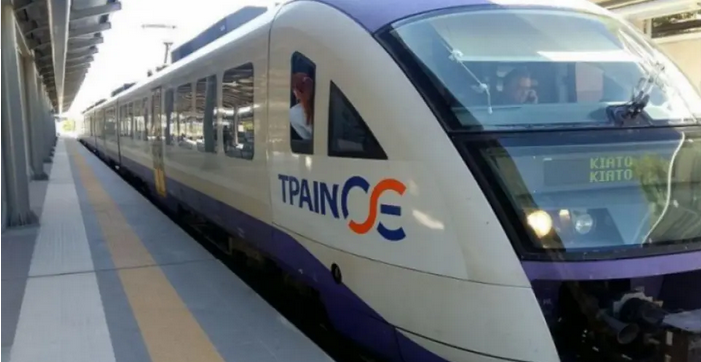Greece is home to one of Europe’s largest ports in terms of volume handling. With an annual turnover of more than 6 million TEUs, Piraeus is considered a trade bridge between Europe and Asia. The Cosco Shipping owned port is growing rapidly and transforming into a Eurasian transport gateway. Many electronics corporate giants choose it as an entry point for Europe and a logistics centre for warehousing and distribution to Europe, the Middle East, and Africa.
The port is positioned in an ideal location. It is very close to the Suez canal and functions as an east-west crossroad. Additionally, it connects with all base ports of China with mother and feeder vessels. Are all these enough, though, to make Greece a more active rail freight player with more connections to inland Europe?
Companies that make it happen
Some examples are proving that connecting Greece with inland Europe is feasible and valuable. For instance, Rail cargo Group acknowledges that the port of Piraeus and its connection to the international railway network is decisive for the forwarding and rail sector in southeastern Europe. Greece is part of RCG’s TransFER network, and the company has established a joint venture in the country with the logistics provider Goldair Cargo since 2018.
RCG aims to become a leading rail logistics provider in Greece, and so far, its services include single wagons, wagon groups and block trains to and from Greece. In 2019, the Austria based company carried 26,800 TEUs between Piraeus and inland Europe.
Read more: Rail Freight




































